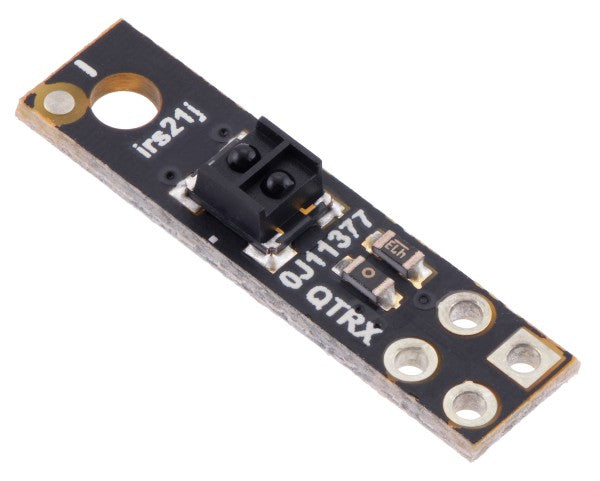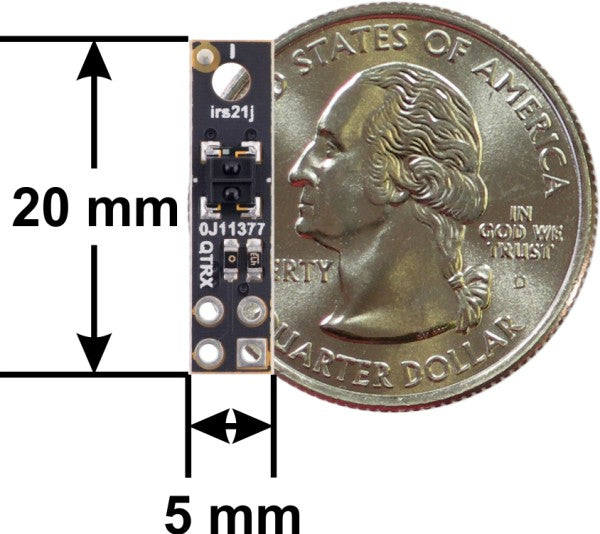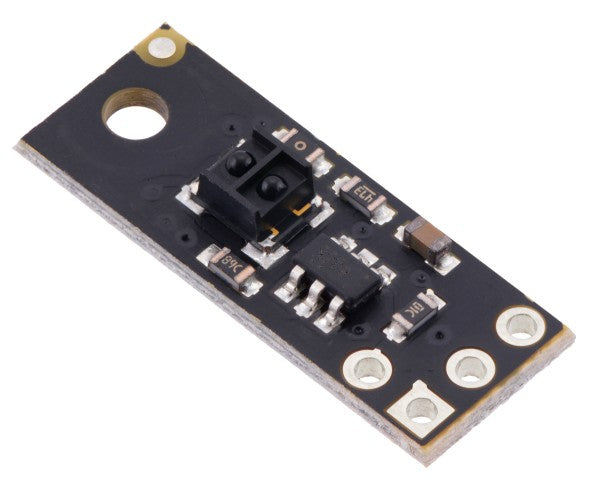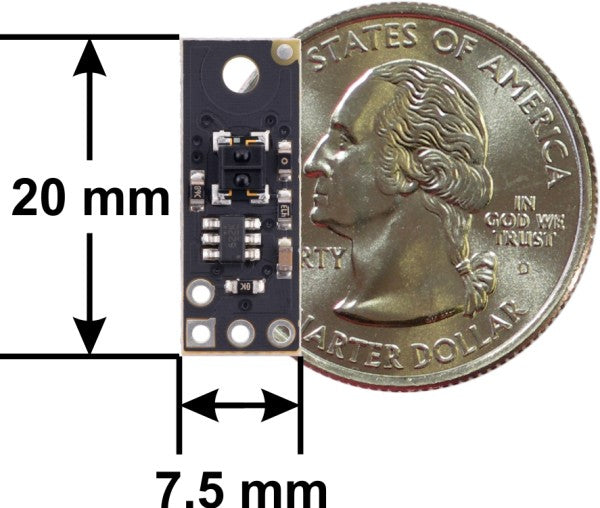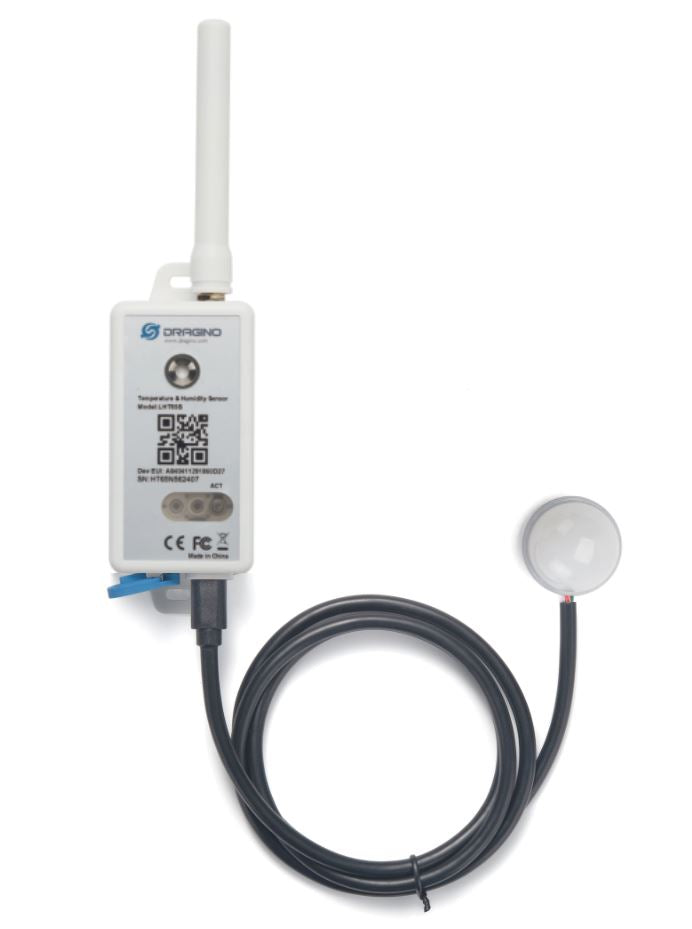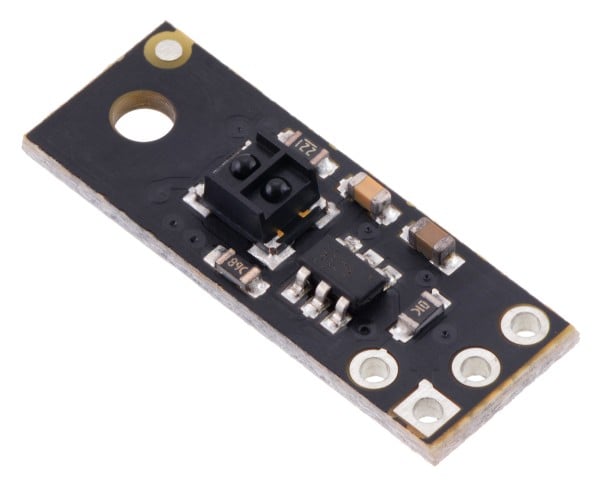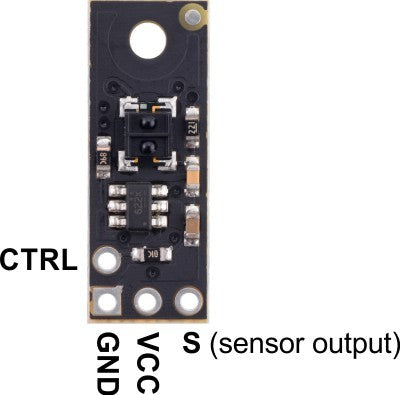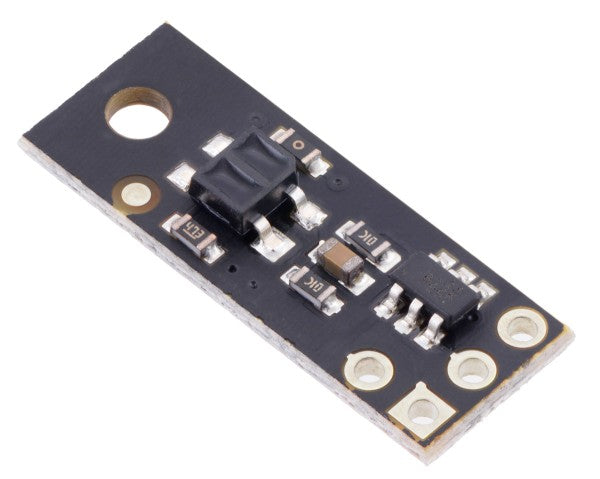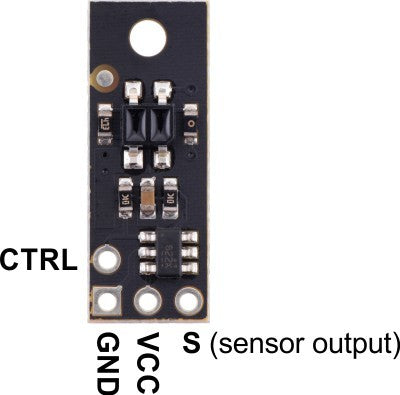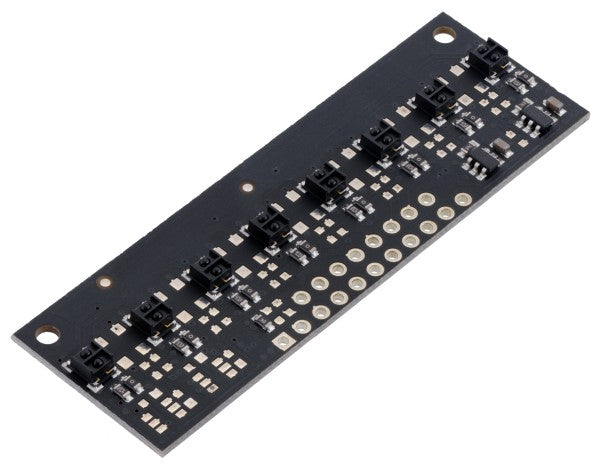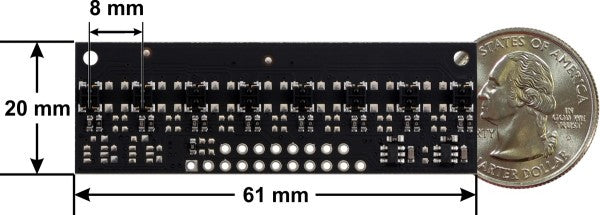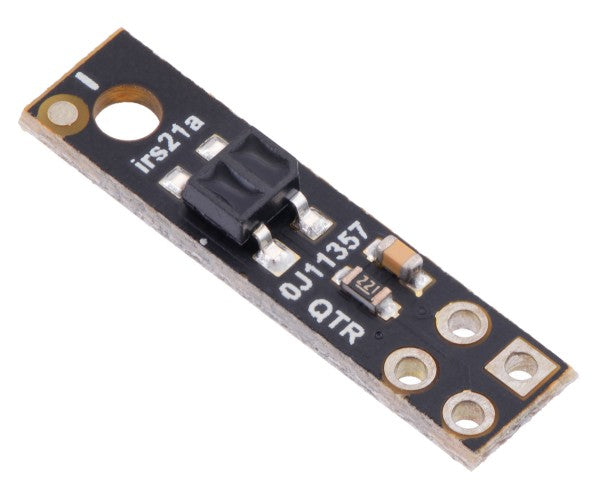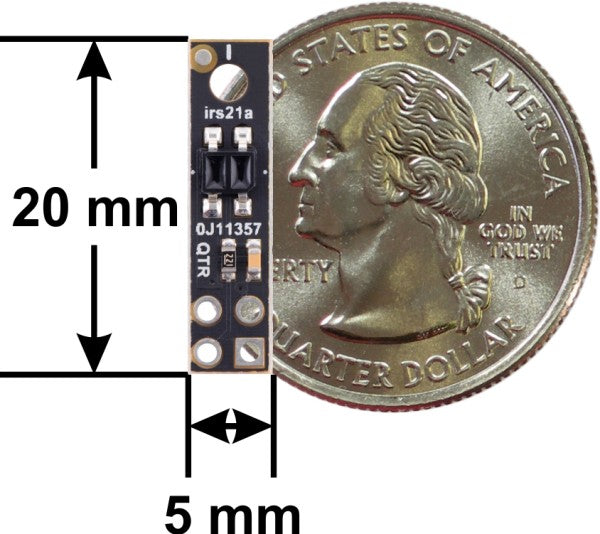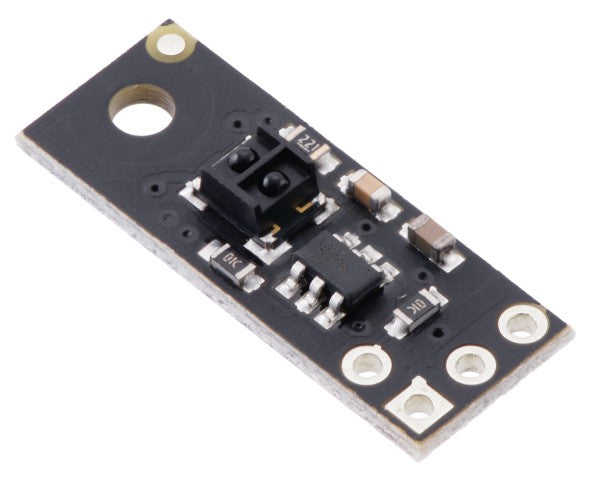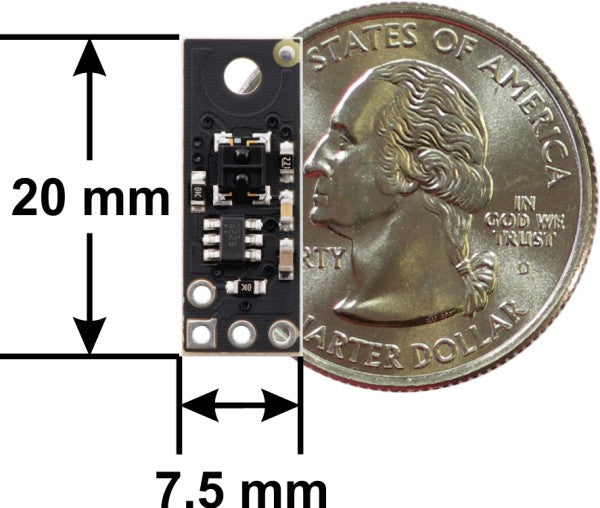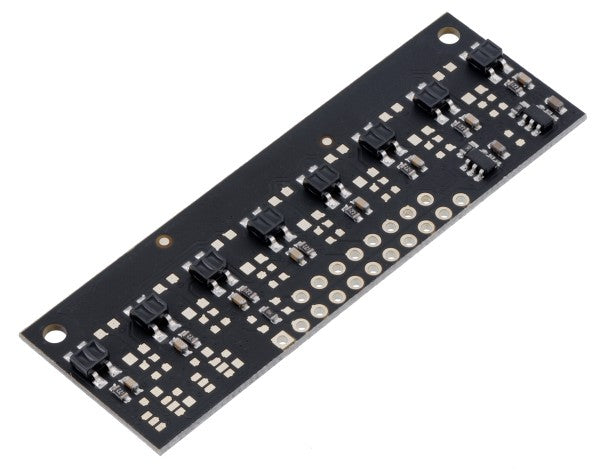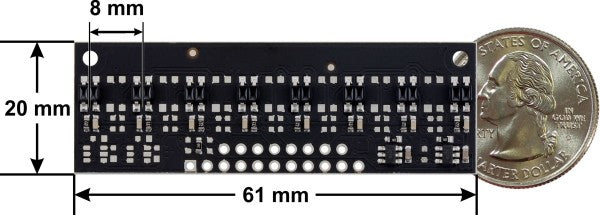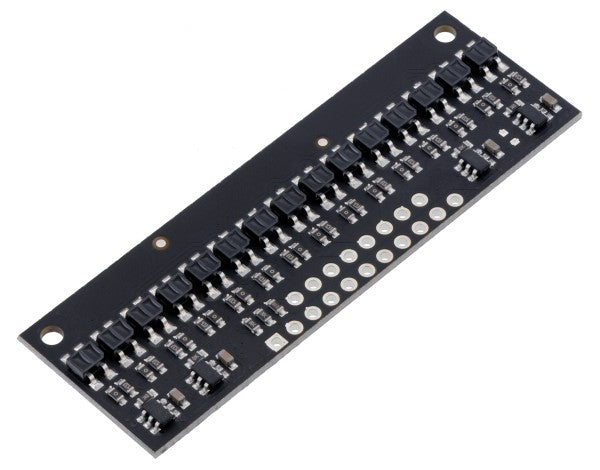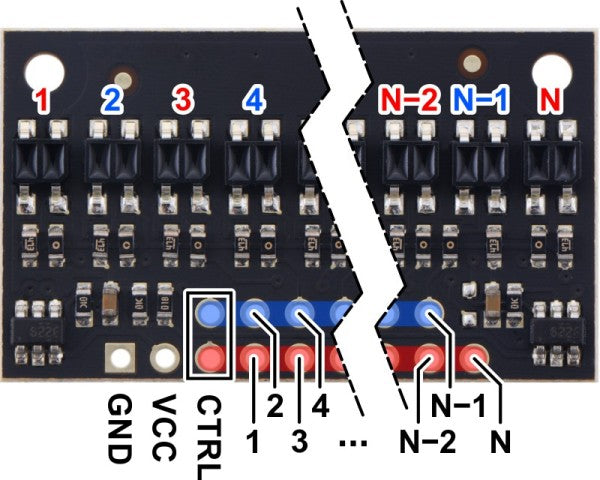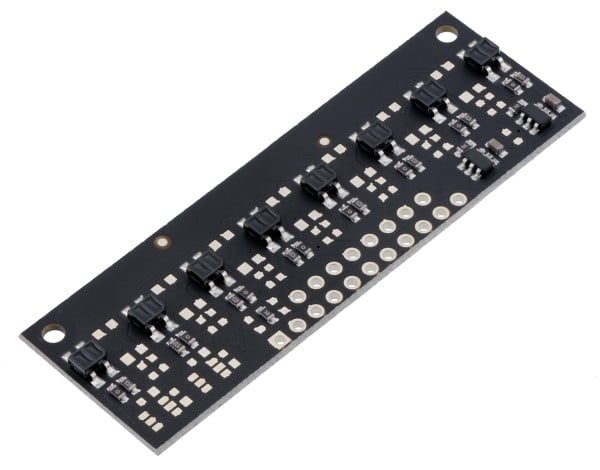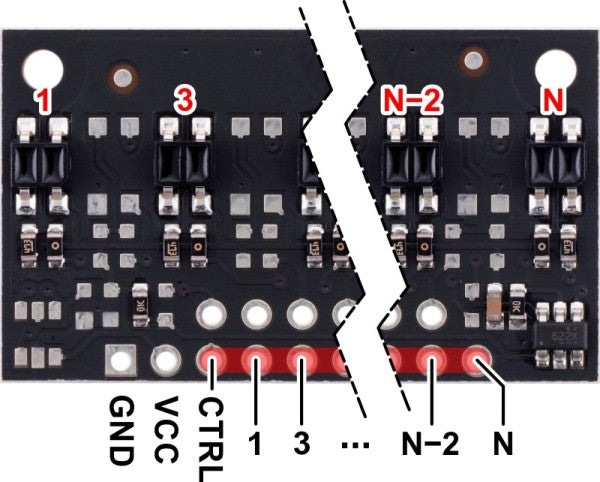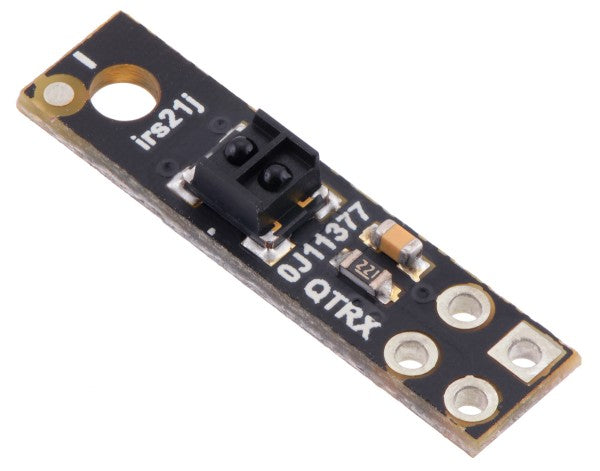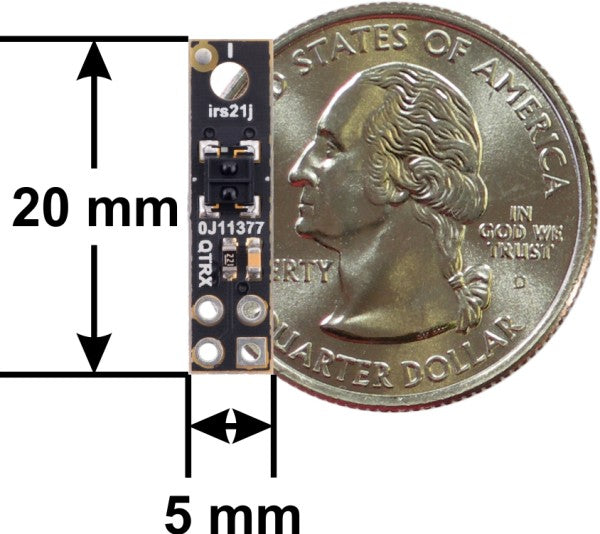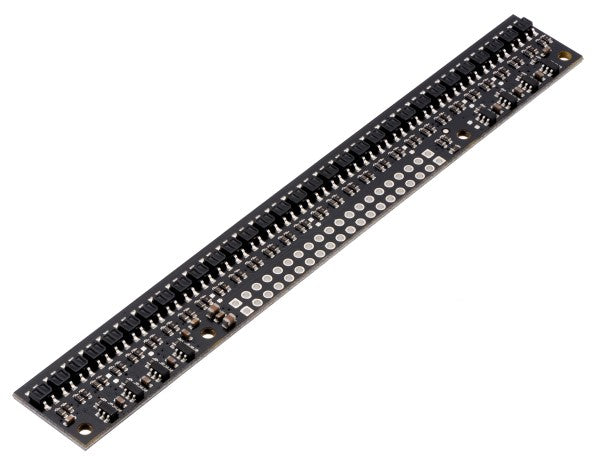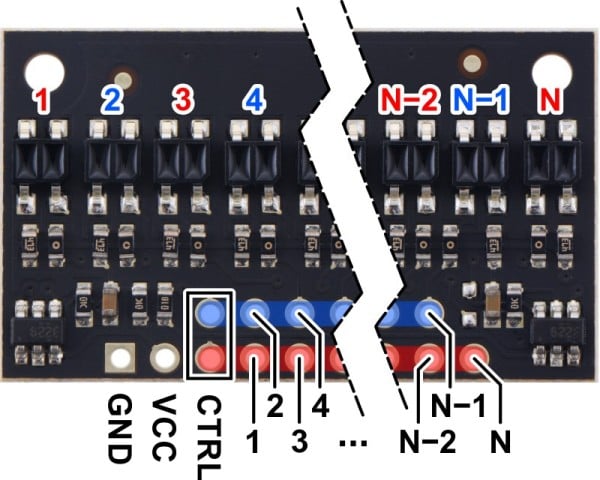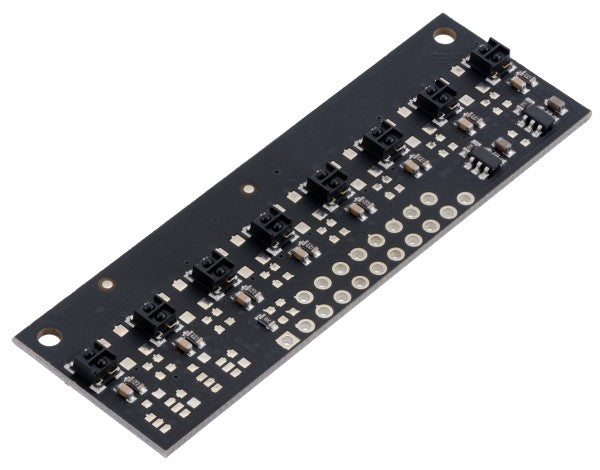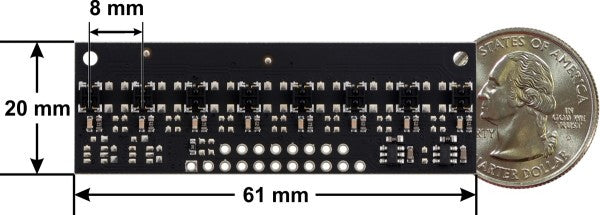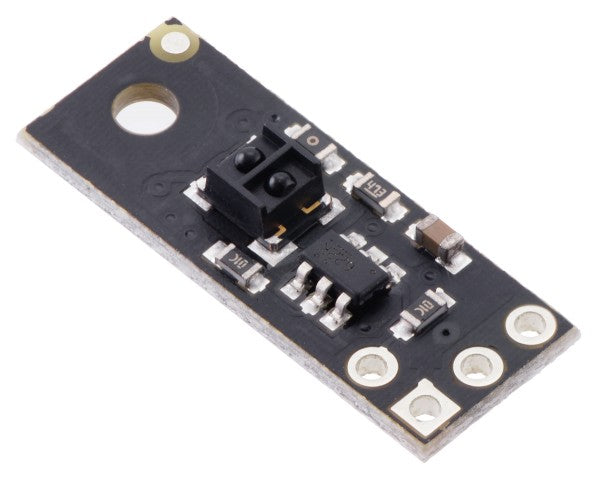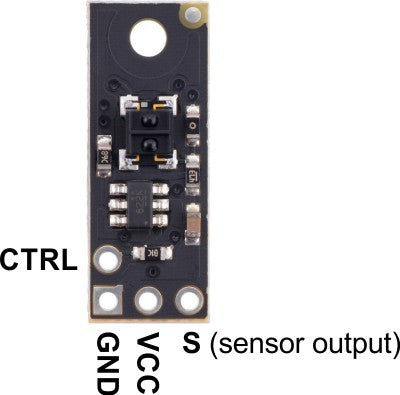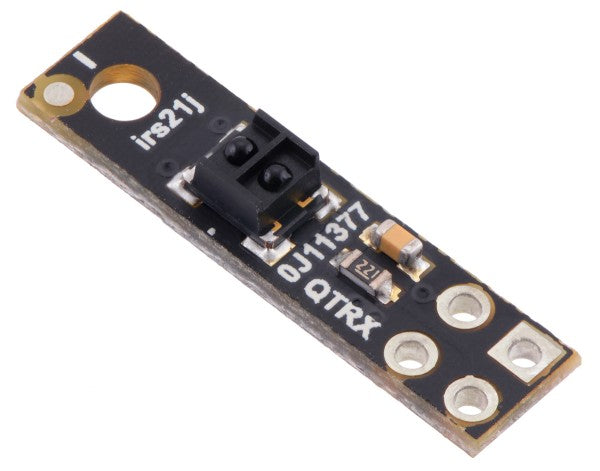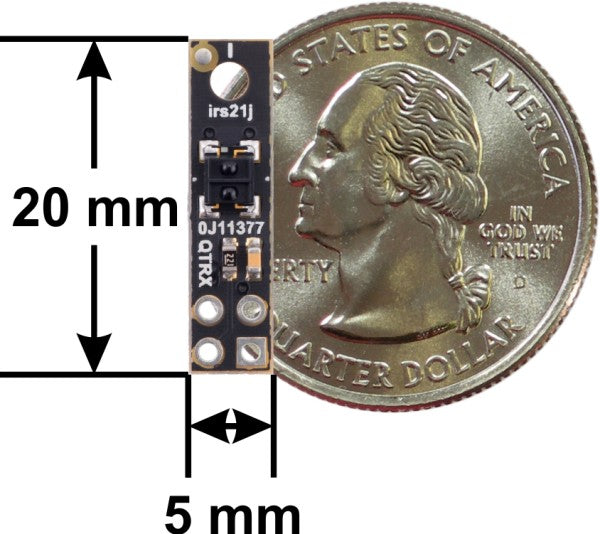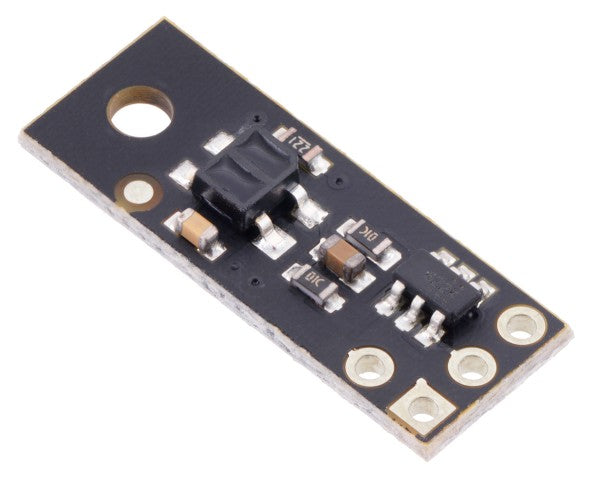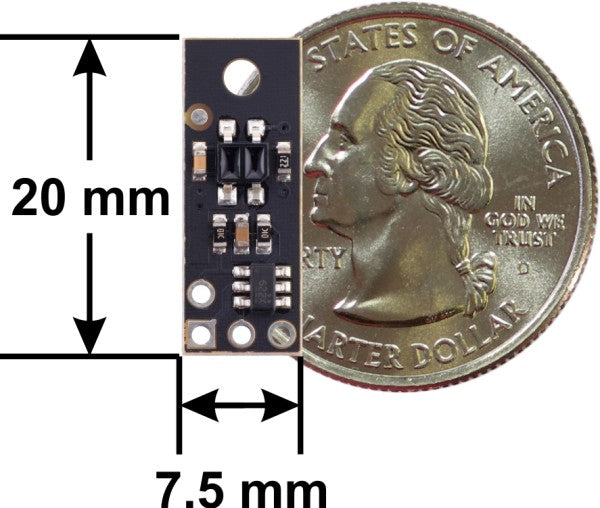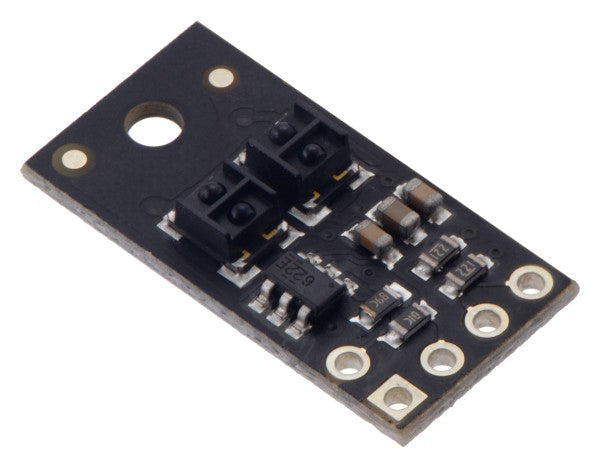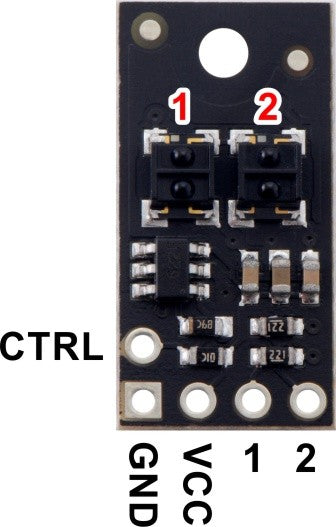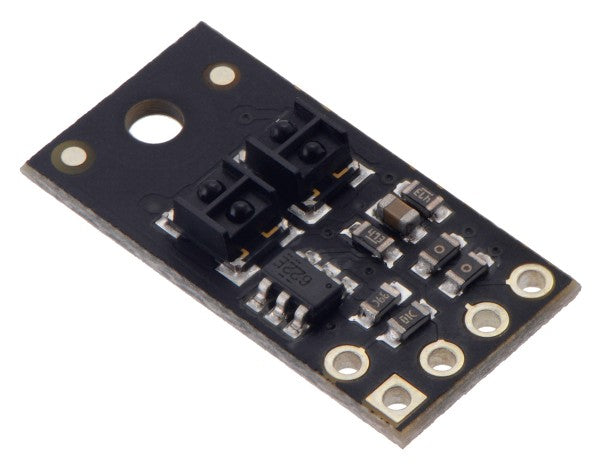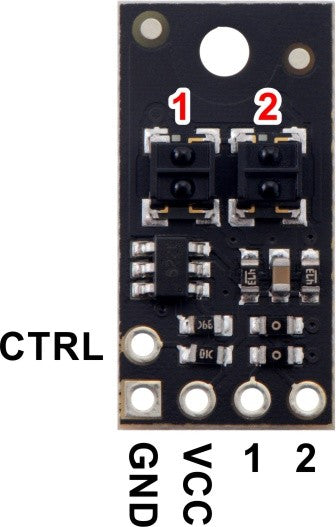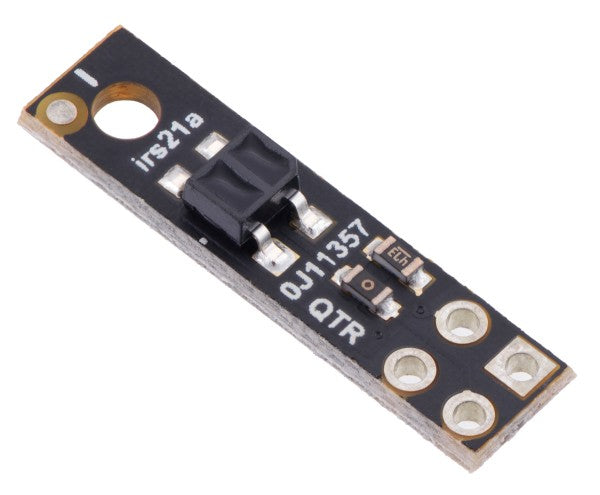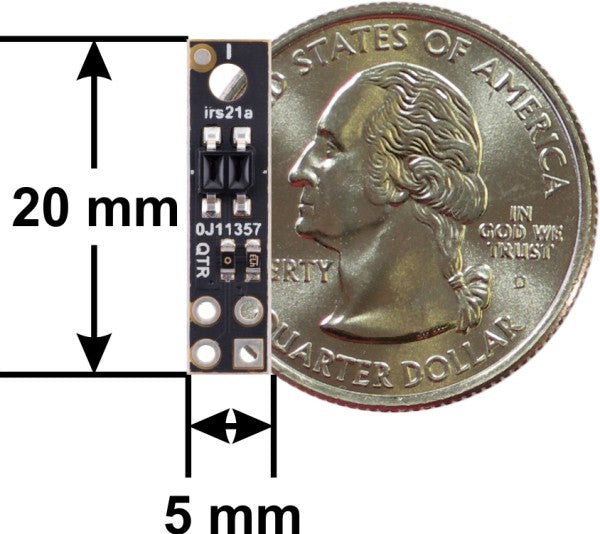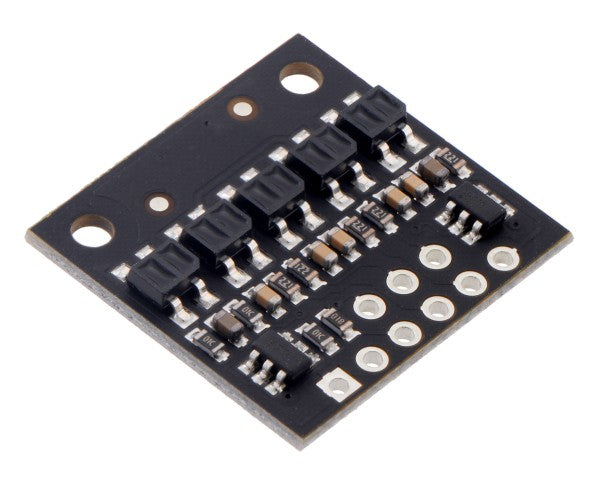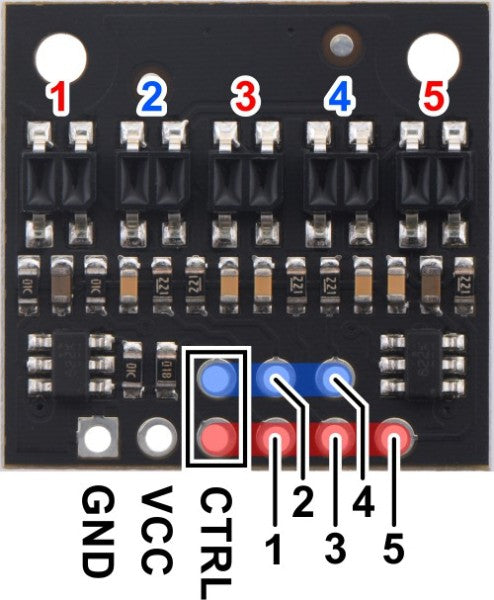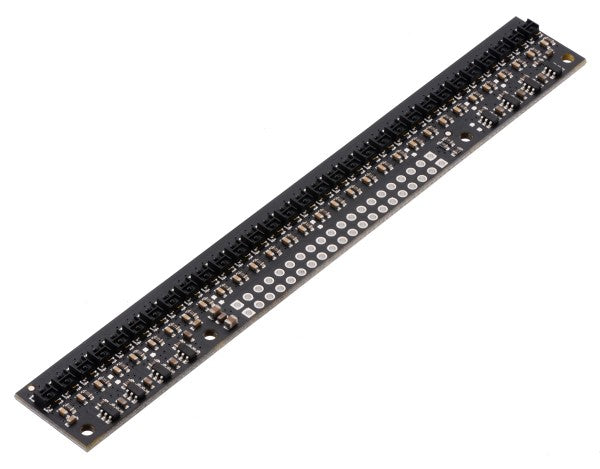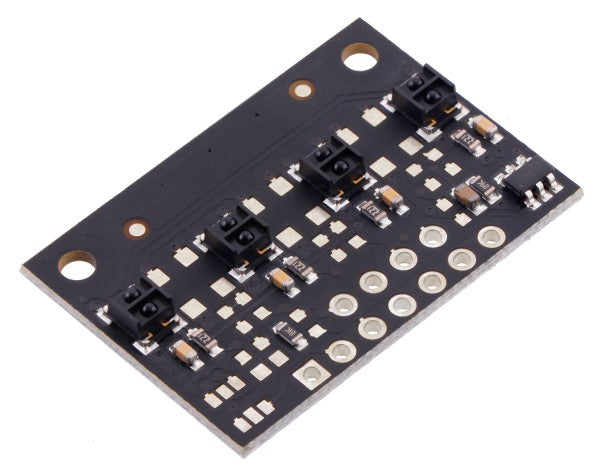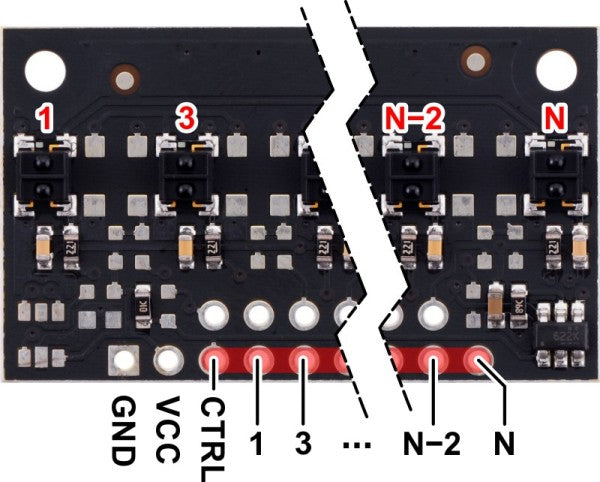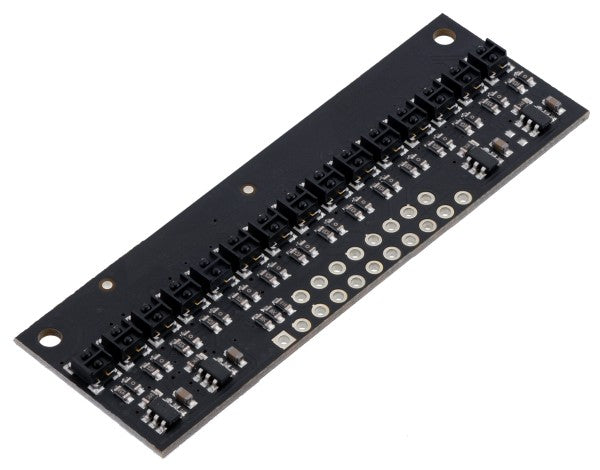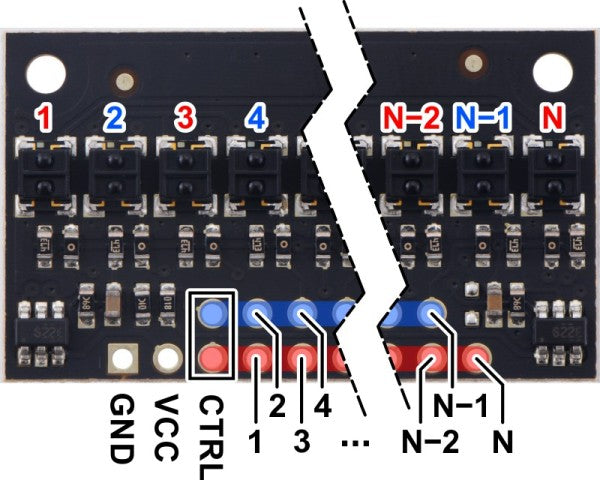What is a light sensor?
The term light sensor covers a wide range of different types of sensors. Essentially, these are electronic components that measure light intensity. This technology is based on the photoelectric effect: the sensor converts the respective light intensity into an electrical signal, with the electrical resistance being the decisive measured value. This value forms the basis for the corresponding calculations, for example for line tracking and distance measurement.
Light sensors are available in many different designs. The first step is to determine what kind of light you want to measure. The following variants are available:
- Light sensors for daylight and artificial lighting
- Sensors for infrared light
- Light sensors for ultraviolet radiation
Another important difference: Some light sensors receive existing ambient light, while other sensors have their own light source, such as LEDs, emit light and measure the amount of light reflected.
Practical examples: Where light sensors are used
Simple light sensors that measure the brightness of the ambient light enable automatic lighting control. If the light intensity at dusk or in darkness falls below a certain value and the electrical resistance drops, the lighting switches on automatically. The light sensor is connected to the switch, so there is no need for manual switching or alternatives such as a timer.
For the automated control of robots, vehicles and other devices, manufacturers use light sensors that emit light themselves. In many cases, this is infrared light. The respective surface reflects this light back, and microcontrollers such as Raspberry Pi and Arduino are connected to the light sensor and calculate the distance.
A light sensor Arduino and Co. can be used to perform numerous tasks. These include:
- Line tracking: Robots of various designs navigate using the measurement data.
- Quality control: The reflected light allows conclusions to be drawn about the nature of objects.
Buying the perfect light sensor: Tips
Here in your online electronics shop, you will find high-quality light sensors from renowned manufacturers such as Pololu. You can find all the details in the individual product descriptions – pay attention to the following information, for example:
- Dimensions and weight
- Measurement bandwidth and sensitivity
- Minimum and maximum voltage
- Measurement range
- Compatibility with microcontrollers (Light Sensor Arduino, etc.)
For some products, manufacturers specify the optimal measuring distance. This value also provides guidance when selecting the ideal sensors. Also check the extent to which a module meets your individual customisation requirements and can be specifically adjusted.
The right light sensors for your project
At EXP Tech, you can purchase compact sensors that are suitable for installation in numerous technical environments. Individually adjust or calibrate the light sensor: this is easy to do with a compatible microcontroller. Compare the wide range of light sensors at your specialist electronics store!

